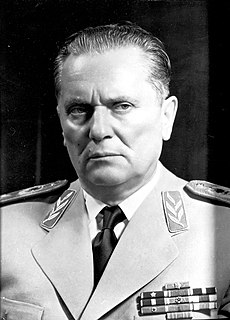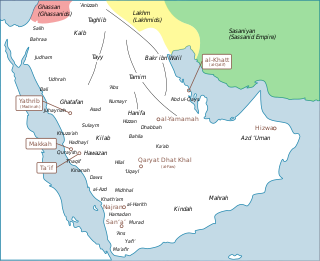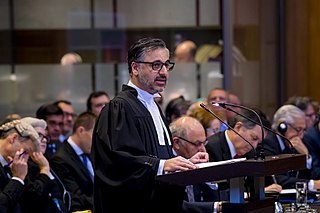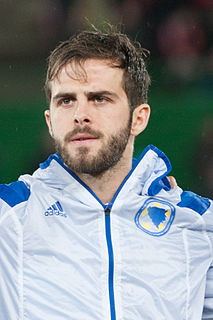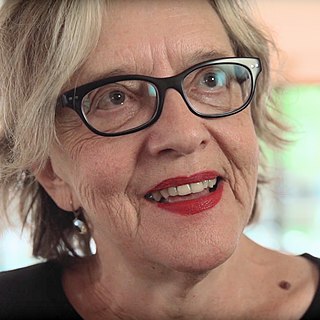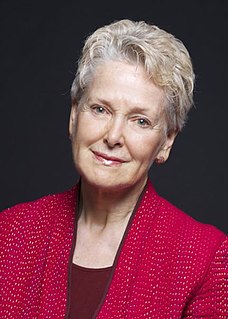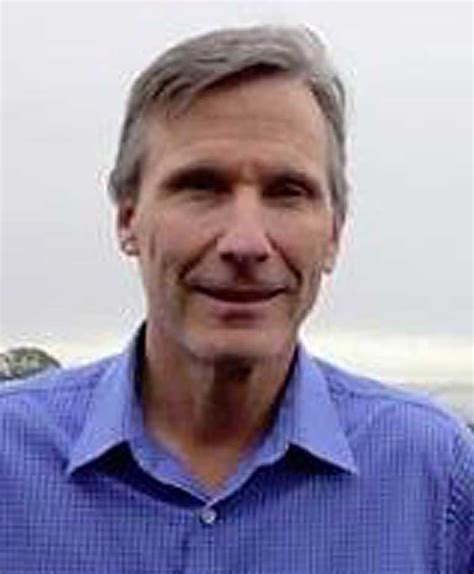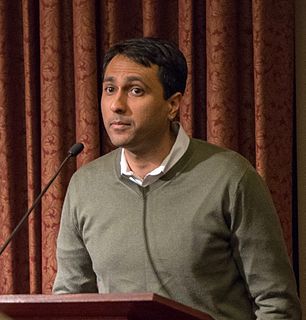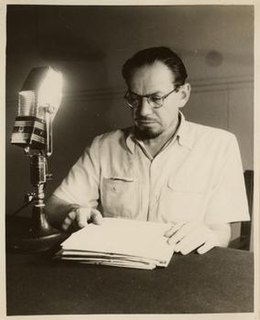A Quote by Josip Broz Tito
Let that man be a Bosnian, Herzegovinian. Outside they don't call you by another name, except simply a Bosnian. Whether that be a Muslim (Bosniak), Serb or Croat. Everyone can be what they feel that they are, and no one has a right to force a nationality upon them.
Related Quotes
Europe has another meaning for me. Every time I mention that word, I see the Bosnian family in front of me, living far away from whatever they call home and eating their own wonderful food because that's all that is left for them. The fact remains that after fifty years, it was possible to have another war in Europe; that it was possible to change borders; that genocide is still possible even today.
I dream of a world where people from different backgrounds are praying and working for the flourishment of communities different from them, and I find my sustenance not only in these stories in scripture, but in stories of human existence also - the story of the Bosnian Muslim man who took to a Serbian couple with a new baby a liter of milk every day during that horrible struggle in the former Yugoslavia, because he said even if our tribes, our nations, are at war with each other, there is something deeply human about me wishing that your baby survives and is secure.
I feel myself always the patriot of all oppressed fatherlands. Nationality is a historic, local fact which, like all real and harmless facts, has the right to claim general acceptance. Every people, like every person, is involuntarily that which it is and therefore has a right to be itself. Nationality is not a principle; it is a legitimate fact, just as individuality is. Every nationality, great or small, has the incontestable right to be itself, to live according to its own nature. This right is simply the corollary of the general principal of freedom.
